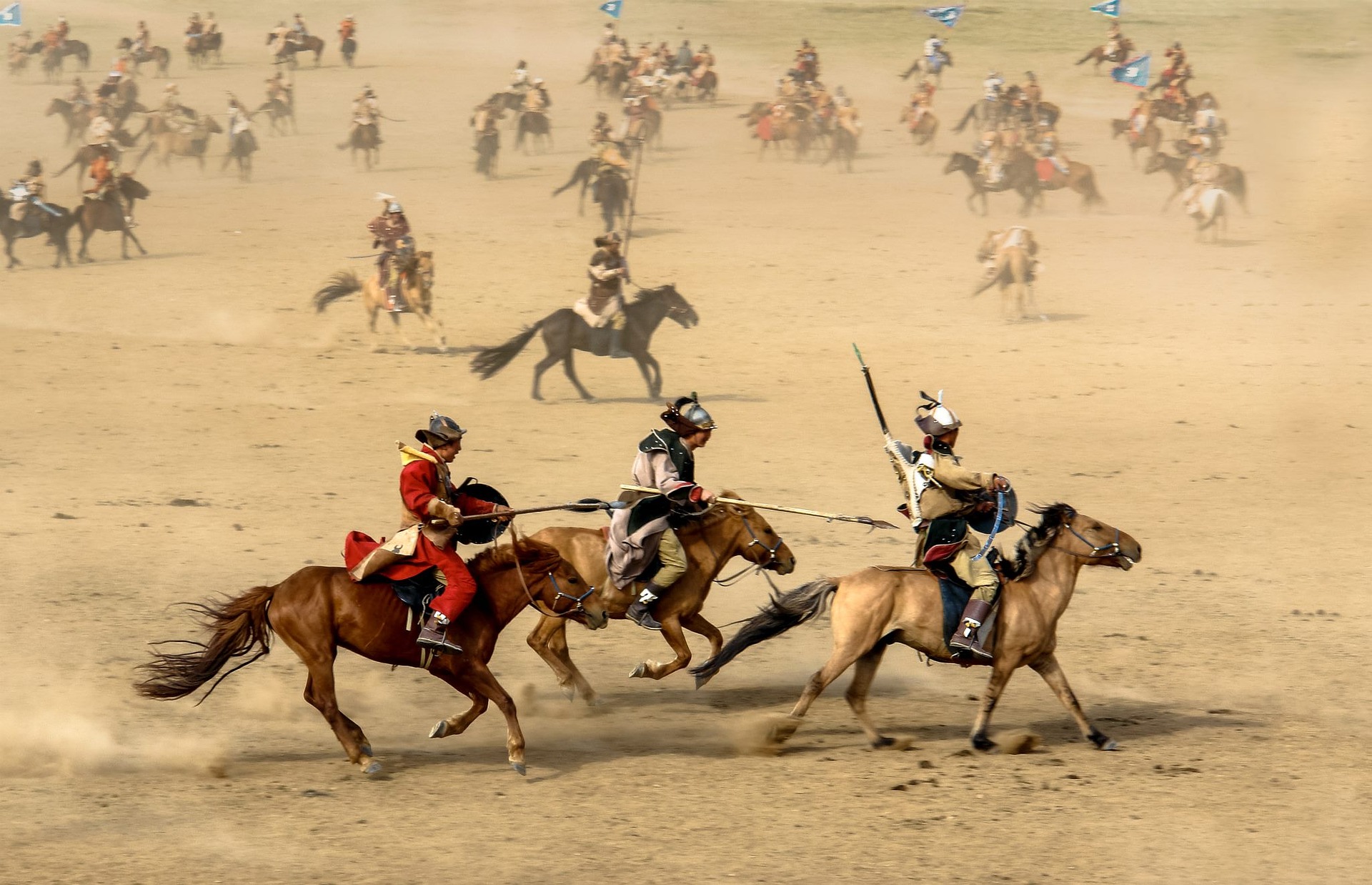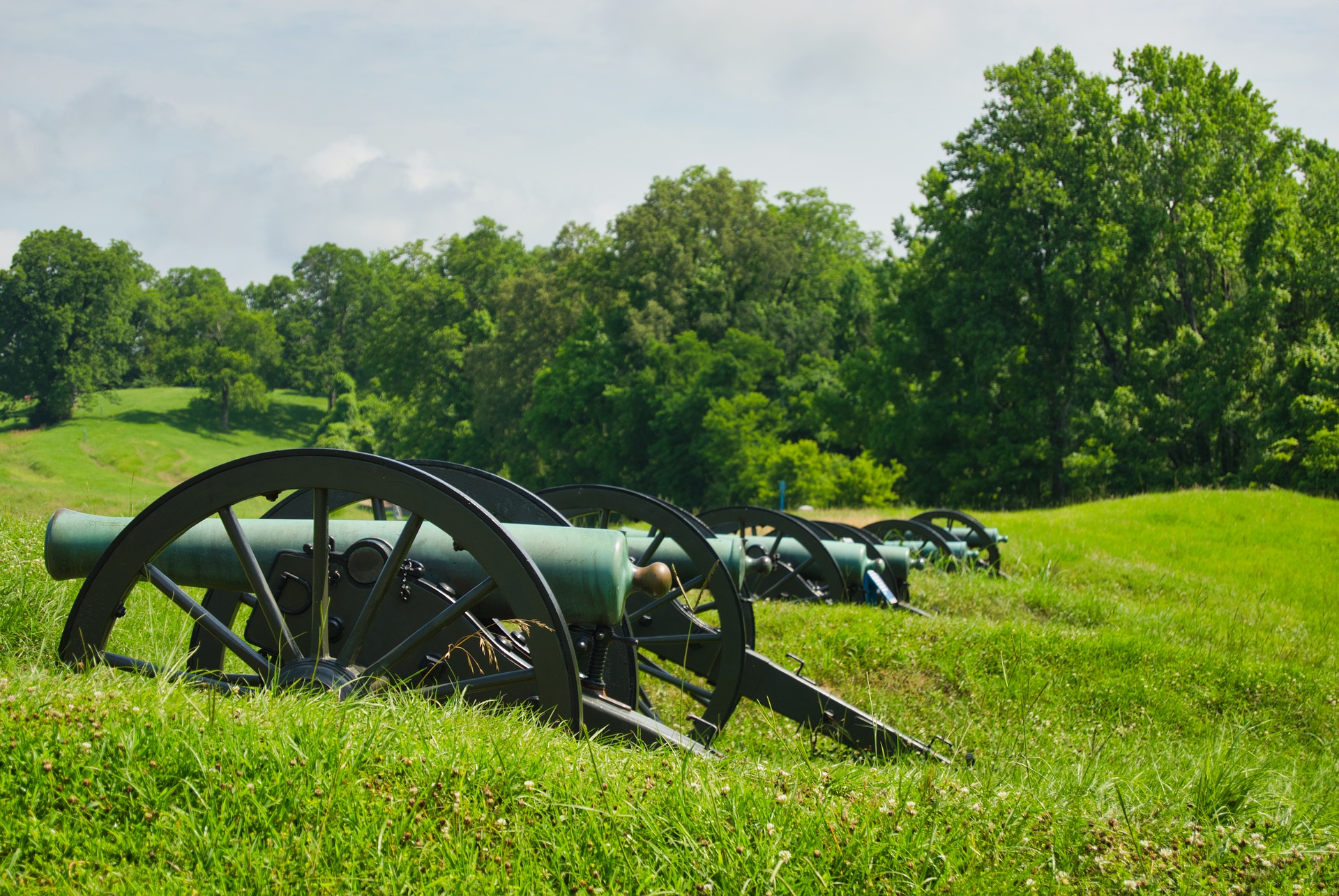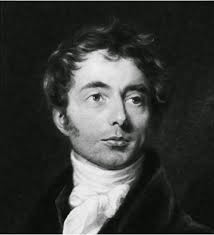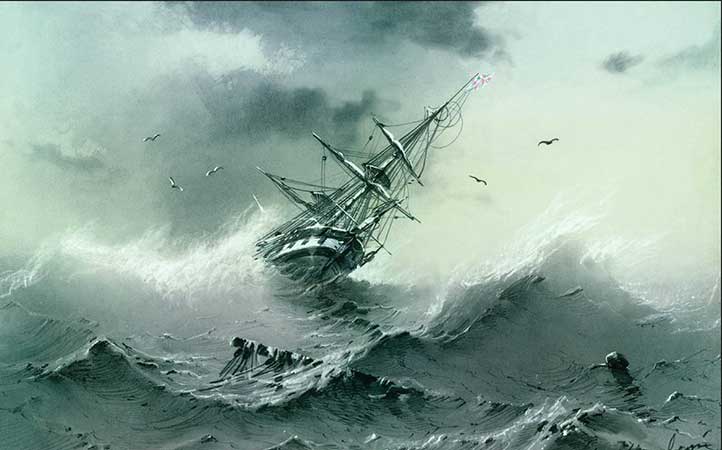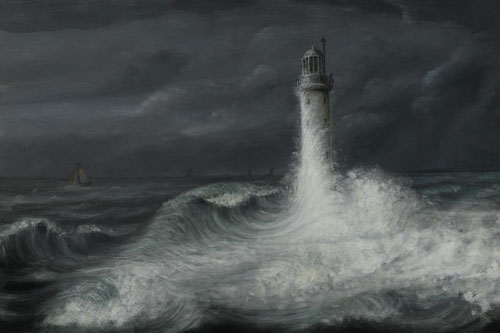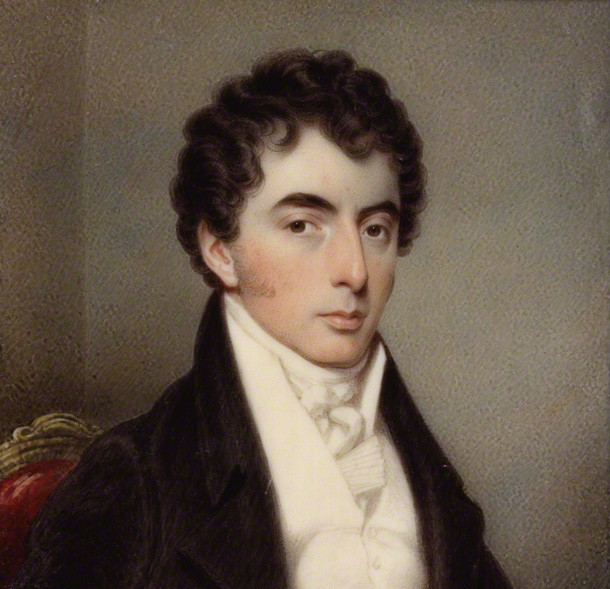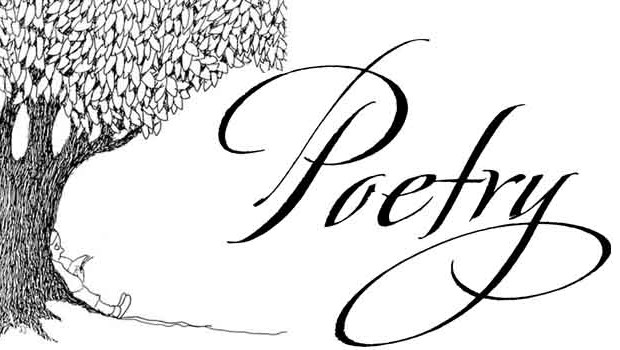About the poet:
Robert Southey was an English poet of the Romantic school. He was also one of the so-called “Lake Poets“, and Poet Laureate for 30 years from 1813 to his death in 1843.
Southey was a prolific letter writer, literary scholar, essay writer, historian, and biographer. His biographies include the life and works of such personalities as John Bunyan, John Wesley, William Cowper, Oliver Cromwell and Horatio Nelson. He was also a renowned scholar of Portuguese and Spanish literature and history, and he translated a number of works from those two languages into English. He even wrote a History of Brazil (part of his planned History of Portugal, which he never completed) and a History of the Peninsular War. Perhaps his most enduring contribution to literary history is the children’s classic The Story of the Three Bears, the original Goldilocks story, which was first published in Southey’s prose collection The Doctor.
Southey published his first collection of poems in 1794 entitled The Fall of Robespierre in a writing partnership with Samuel Taylor Coleridge. The same year, Southey, Coleridge and several others of the Romantic school discussed creating an idealistic community in America which they called “pantisocracy”. Later their intended location was moved to Wales, but Southey was the first to reject the idea as unworkable.
As a prolific writer and commentator, Southey introduced and popularised a number of words into the English language. The term autobiography, for example, was used by Southey in 1809 in the Quarterly Review when he predicted an “epidemical rage for autobiography”, which indeed has continued to the present day.
Southey died on 21st March 1843 and is buried in the churchyard of Crosthwaite Church, Keswick, where he worshipped for forty years. There is a memorial to him inside the church with an epitaph written by his dear friend and fellow Romantic poet William Wordsworth.
About The Inchcape Rock:
“The Inchcape Rock” is a ballad written by Robert Southey. This poem tells the story of a 14th-century attempt by the Abbot of Arbroath (which Southey spells as “Aberbrothock”) to install a warning bell on Inchcape, a notorious sandstone reef about 18 km off the east coast of Scotland. It goes on to tell how the bell was removed by a pirate, who subsequently perished on the same reef while returning to Scotland in bad weather sometime later.
Like many of Southey’s ballads, “The Inchcape Rock” describes a supernatural event, but its basic theme is the moral that those who do bad things will ultimately be punished accordingly and poetic justice will be done.
Southey wrote this poem between 1796 and 1798 for The Morning Post, but it was not published until 1802. The poem is also included in the third volume of Southey’s The Poetical Works of Robert Southey published in 1823. This version is prefaced by a quotation from John Stoddart’s Remarks on Local Scenery and Manners in Scotland (which was published in 1801). The quotation begins “An old writer mentions a curious tradition that may be worth quoting” before going on to relate the tale. Southey also added a footnote to this version suggesting that his own source may have been a Brief Description of Scotland (published in 1633), written by someone identified only as J. M.
The Setting of The Inchcape Rock:
This poem is set in the part of the Atlantic Ocean that surrounds Scotland. It specifically talks about the sandstone reef known as Inchcape or Bell Rock. The main hazard that the reef presents to shipping is that only a relatively small proportion of it is above water, but a large section of the surrounding area is extremely shallow and dangerous.
Stanza-wise Summary of The Inchcape Rock:
The poem consists of 17 stanzas. Each of these stanzas is again made up of 4 lines. Hence, the entire poem consists of 68 lines in total.
1st stanza:
| No stir in the air, no stir in the sea, |
| The ship was still as she could be, |
| Her sails from heaven received no motion, |
| Her keel was steady in the ocean. |
In this stanza, the poet describes how a ship was standing motionless in the absence of winds as well as sea currents. Her sails were not moving and her keel was fixed in its position.
2nd stanza:
| Without either sign or sound of their shock |
| The waves flow’d over the Inchcape Rock; |
| So little they rose, so little they fell, |
| They did not move the Inchcape Bell. |
In this stanza, the poet describes how waves were flowing over Inchcape Rock silently. They were moving at such a slow pace that they could not even manage to ring the bell that had been installed there to signal the presence of the reef.
3rd stanza:
| The Abbot of Aberbrothok |
| Had placed that bell on the Inchcape Rock; |
| On a buoy in the storm it floated and swung, |
| And over the waves its warning rung. |
In this stanza, the poet reveals that it was a monk, the Abbot of Aberbrothok, who had installed the bell at Inchcape on a buoy. In a storm, this buoy would move violently causing the bell to ring as a warning to all sailors.
4th stanza:
| When the Rock was hid by the surge’s swell, |
| The mariners heard the warning bell; |
| And then they knew the perilous Rock, |
| And blest the Abbot of Aberbrothok. |
In this stanza, the poet says that when Inchcape Rock was underwater, sailors could hear the bell and know of the Rock’s position in the sea so as to avoid colliding with it, and for this, they hoped that God would reward the Abbot.
5th stanza:
| The Sun in heaven was shining gay, |
| All things were joyful on that day; |
| The sea-birds scream’d as they wheel’d round, |
| And there was joyaunce in their sound. |
In this stanza, the poet describes one particular day when the sun was shining brightly and the seabirds were screaming in joy.
6th stanza:
| The buoy of the Inchcape Bell was seen |
| A darker speck on the ocean green; |
| Sir Ralph the Rover walk’d his deck, |
| And he fix’d his eye on the darker speck. |
In this stanza, the buoy on which the Inchcape Bell had been installed is visible as a dark spot amidst the green color of the surrounding water. This speck is then noticed by Sir Ralph as he was walking on the deck of his ship.
7th stanza:
| He felt the cheering power of spring, |
| It made him whistle, it made him sing; |
| His heart was mirthful to excess, |
| But the Rover’s mirth was wickedness. |
In this stanza, Sir Ralph whistles and sings as the thought of spring cheered him up. However, his joy comes from wickedness.
8th stanza:
| His eye was on the Inchcape float; |
| Quoth he, ‘My men, put out the boat, |
| And row me to the Inchcape Rock, |
| And I’ll plague the Abbot of Aberbrothok.’ |
In this stanza, Sir Ralph tells his crew to sail him to Inchcape Rock so that he may cause trouble for the Abbot.
9th stanza:
| The boat is lower’d, the boatmen row, |
| And to the Inchcape Rock they go; |
| Sir Ralph bent over from the boat, |
| And he cut the Bell from the Inchcape float. |
In this stanza, his crew sails Sir Ralph to Inchcape Rock and he cuts the bell from the buoy over there.
10th stanza:
| Down sunk the Bell with a gurgling sound, |
| The bubbles rose and burst around; |
| Quoth Sir Ralph, ‘The next who comes to the Rock |
| Won’t bless the Abbot of Aberbrothok.’ |
In this stanza, the bell of Inchcape sinks in the water causing bubbles to rise and burst on the surface. Sir Ralph predicts that the next sailor who comes to Inchcape will not ask for any blessing for the Abbot for they will have nothing to thank him for.
11th stanza:
| Sir Ralph the Rover sail’d away, |
| He scour’d the seas for many a day; |
| And now grown rich with plunder’d store, |
| He steers his course for Scotland’s shore. |
In this stanza, Sir Ralph sails away from Inchcape does his job of a pirate for quite some time and then with his loot, he proceeds again towards Scotland.
12th stanza:
| So thick a haze o’erspreads the sky |
| They cannot see the Sun on high; |
| The wind hath blown a gale all day, |
| At evening it hath died away. |
In this stanza, there is a thick haze all over the sky and the sun has become invisible. While there had been a strong wind blowing previously, it was all but gone by the evening.
13th stanza:
| On the deck the Rover takes his stand, |
| So dark it is they see no land. |
| Quoth Sir Ralph, ‘It will be lighter soon, |
| For there is the dawn of the rising Moon.’ |
In this stanza, Sir Ralph stands on deck but cannot see any land around him. He tells his crew that once the moon rises, there will be some light for them to see.
14th stanza:
| ‘Canst hear,’ said one, ‘the breakers roar? |
| For methinks we should be near the shore.’ |
| ‘Now where we are I cannot tell, |
| But I wish I could hear the Inchcape Bell.’ |
In this stanza, one member of Sir Ralph’s crew says that they must be near the shore since one can hear the waves breaking somewhere nearby. However, without the Inchcape Bell, it is impossible to figure out their exact location.
15th stanza:
| They hear no sound, the swell is strong; |
| Though the wind hath fallen they drift along, |
| Till the vessel strikes with a shivering shock,― |
| ‘Oh Christ! It is the Inchcape Rock!’ |
In this stanza, the ship is moving slowly through the water till it suddenly strikes a large object and its entire structure is shaking. The crew realizes that they have hit the Inchcape Rock.
16th stanza:
| Sit Ralph the Rover tore his hair; |
| He curst himself in his despair; |
| The waves rush in on every side, |
| The ship is sinking beneath the tide. |
In this stanza, Sir Ralph has lost all hope and taken to insulting himself as the ship starts to sink with the high tide.
17th stanza:
| But even in his dying fear |
| One dreadful sound could the Rover hear, |
| A sound as if with the Inchcape Bell, |
| The Devil below was ringing his knell. |
In this stanza, Sir Ralph hears the Devil tolling the bell that signals his death as his ship is sinking.
Some online learning platforms provide certifications, while others are designed to simply grow your skills in your personal and professional life. Including Masterclass and Coursera, here are our recommendations for the best online learning platforms you can sign up for today.
The 7 Best Online Learning Platforms of 2022
- Best Overall: Coursera
- Best for Niche Topics: Udemy
- Best for Creative Fields: Skillshare
- Best for Celebrity Lessons: MasterClass
- Best for STEM: EdX
- Best for Career Building: Udacity
- Best for Data Learning: Pluralsight
